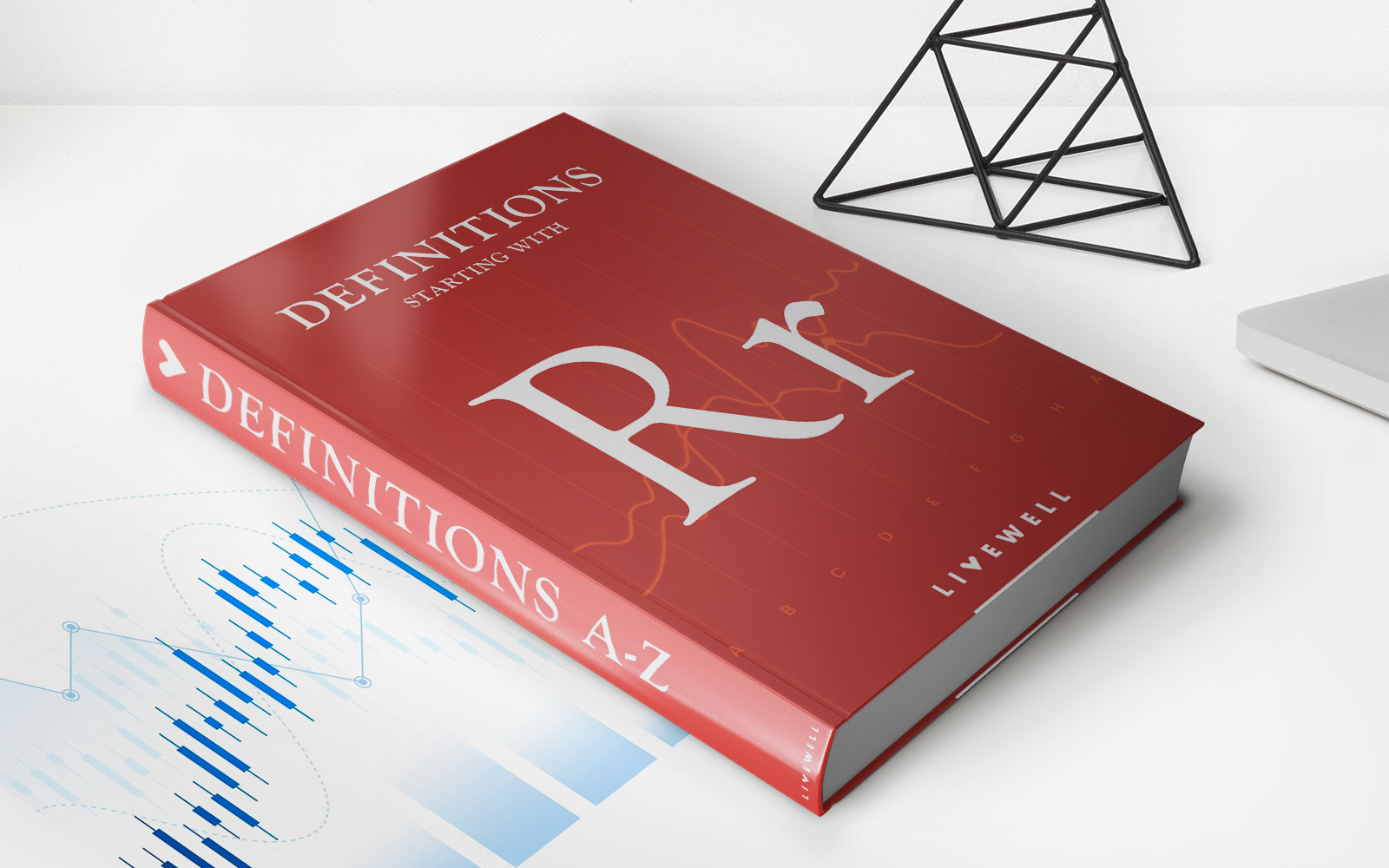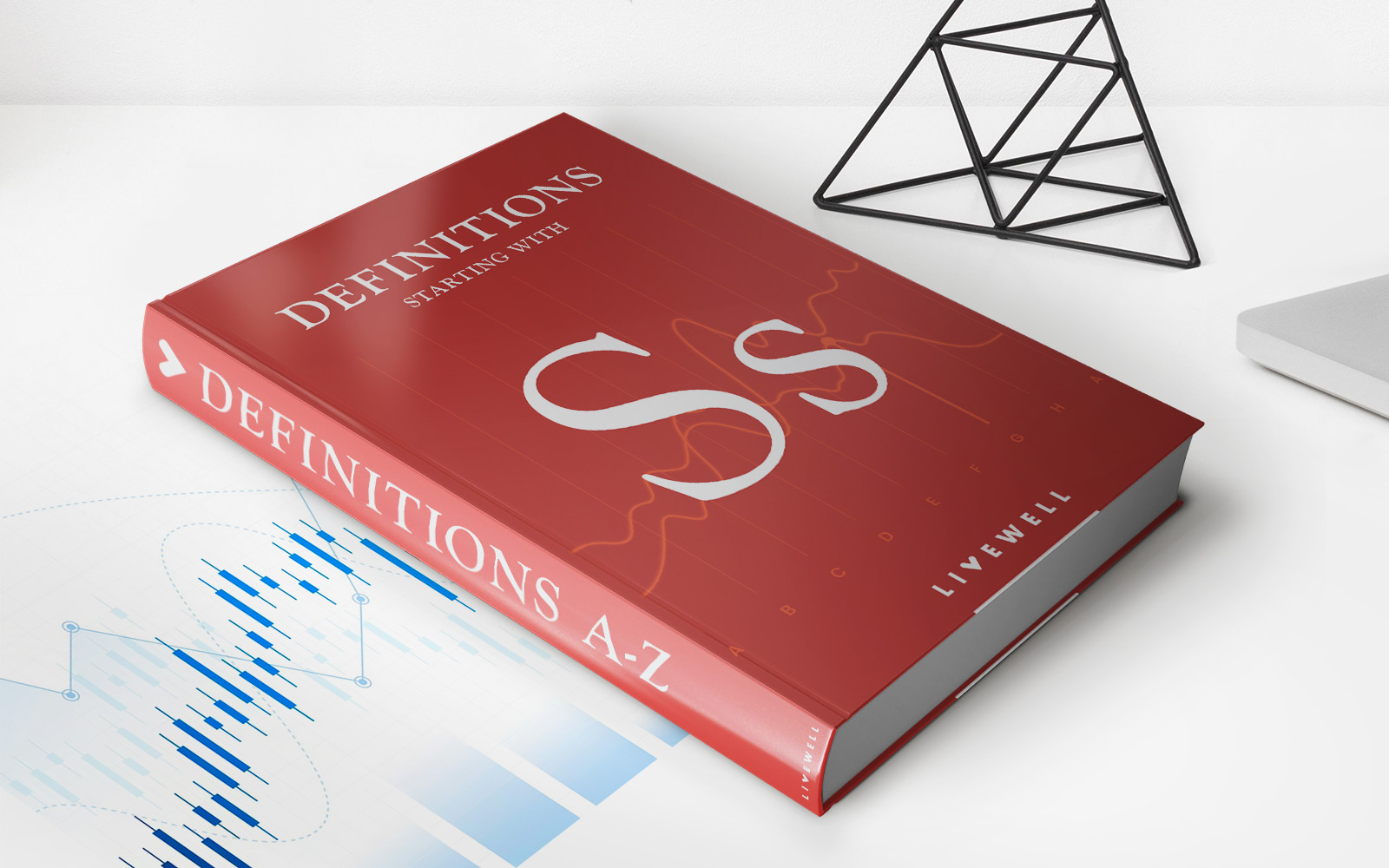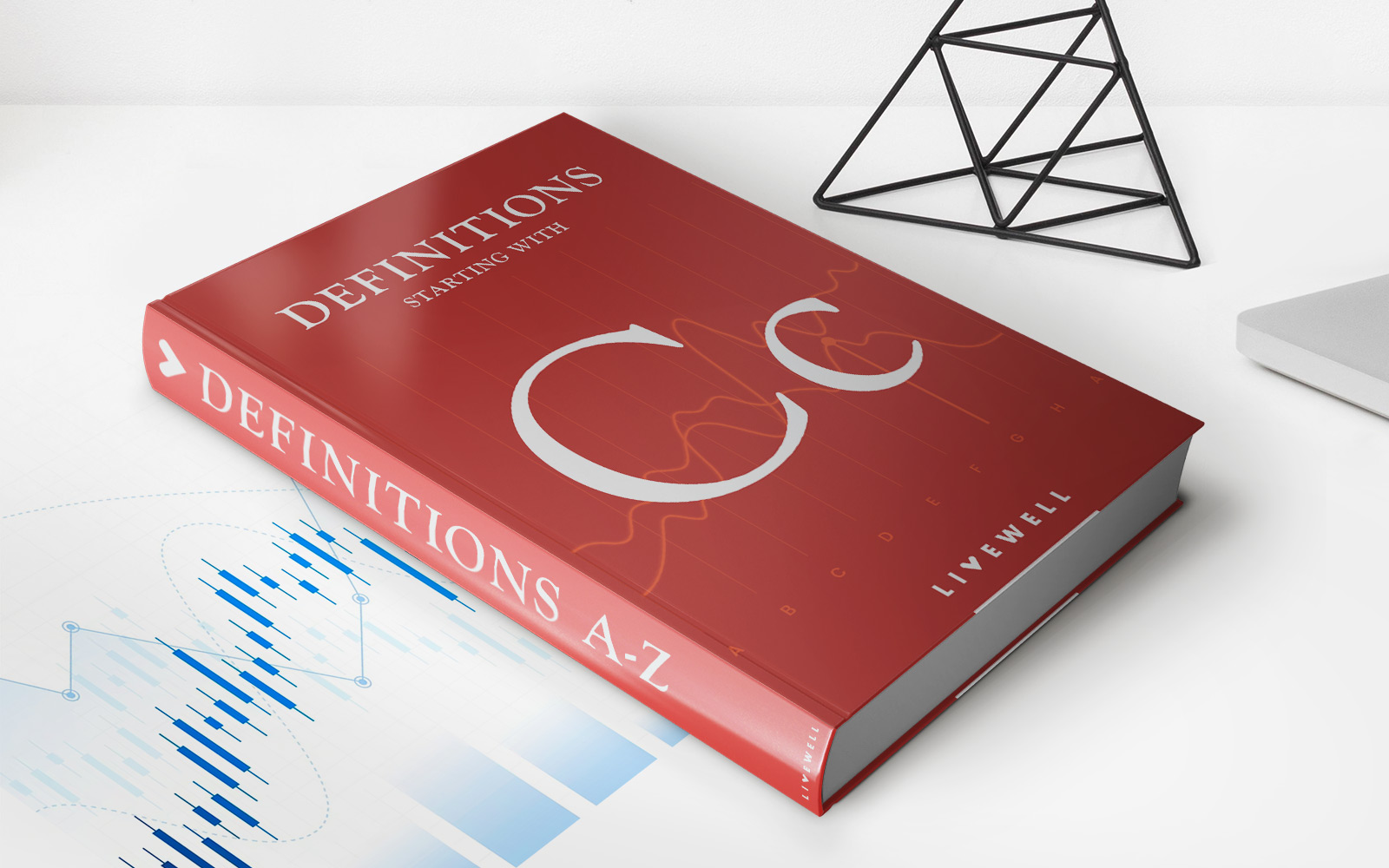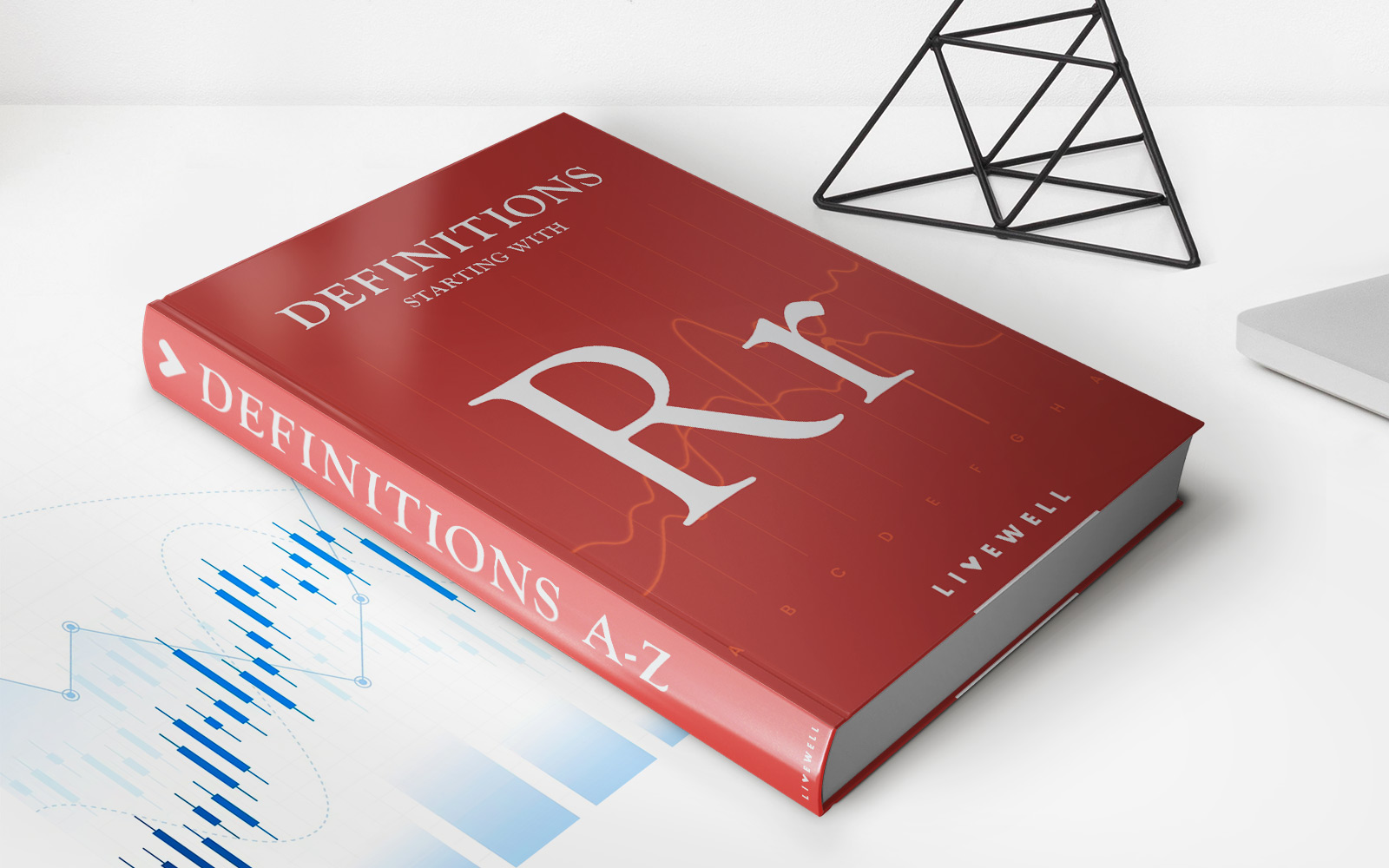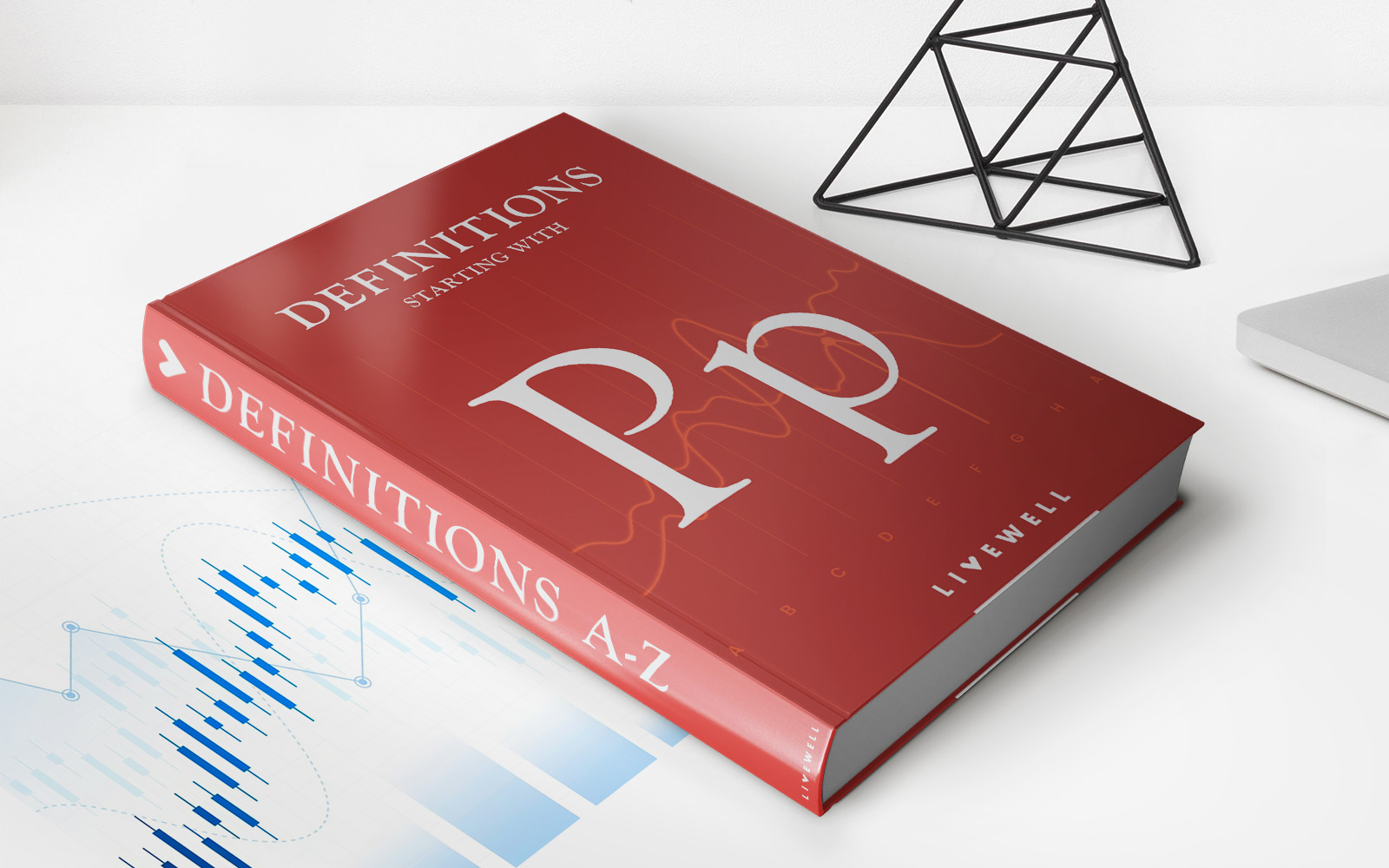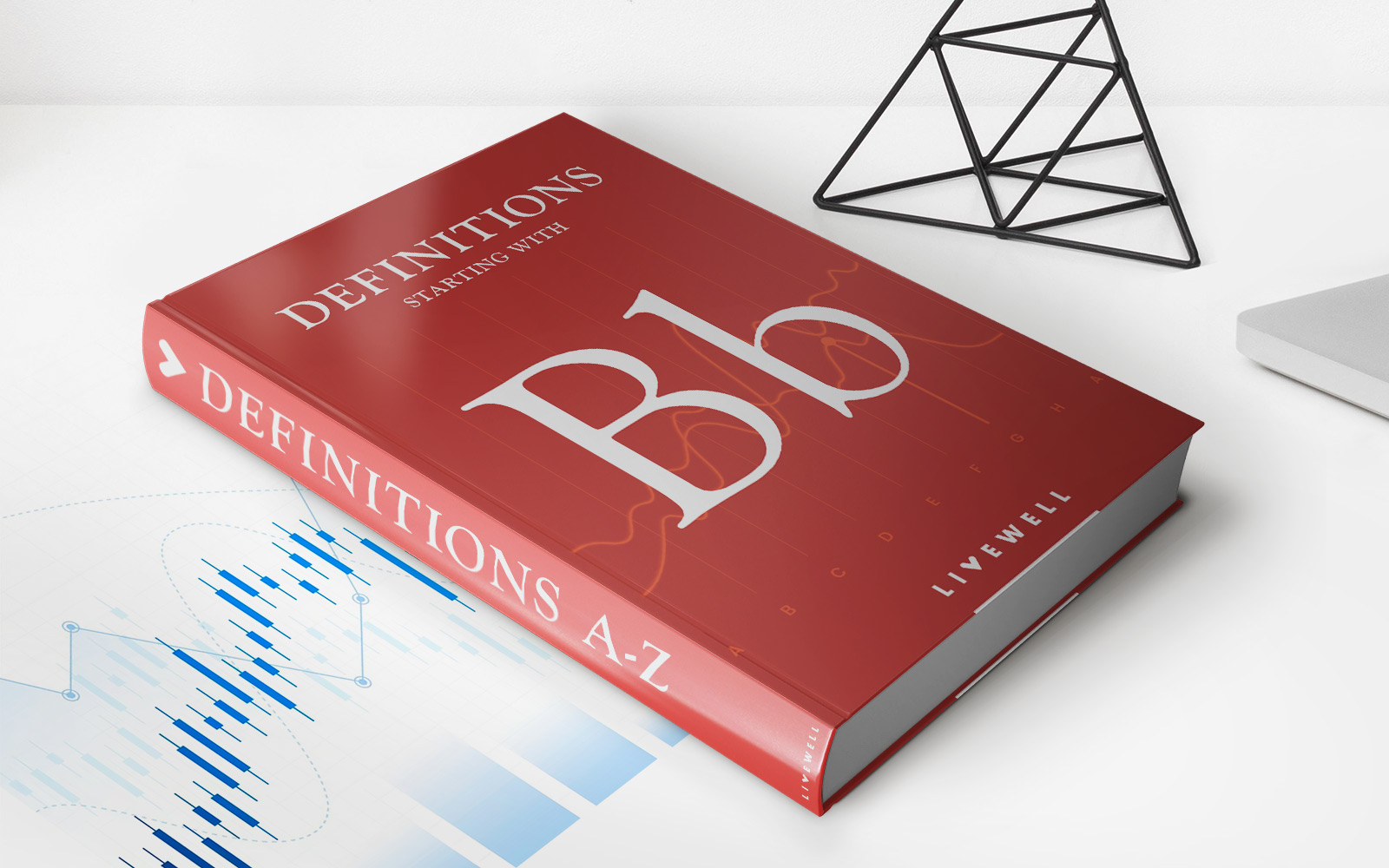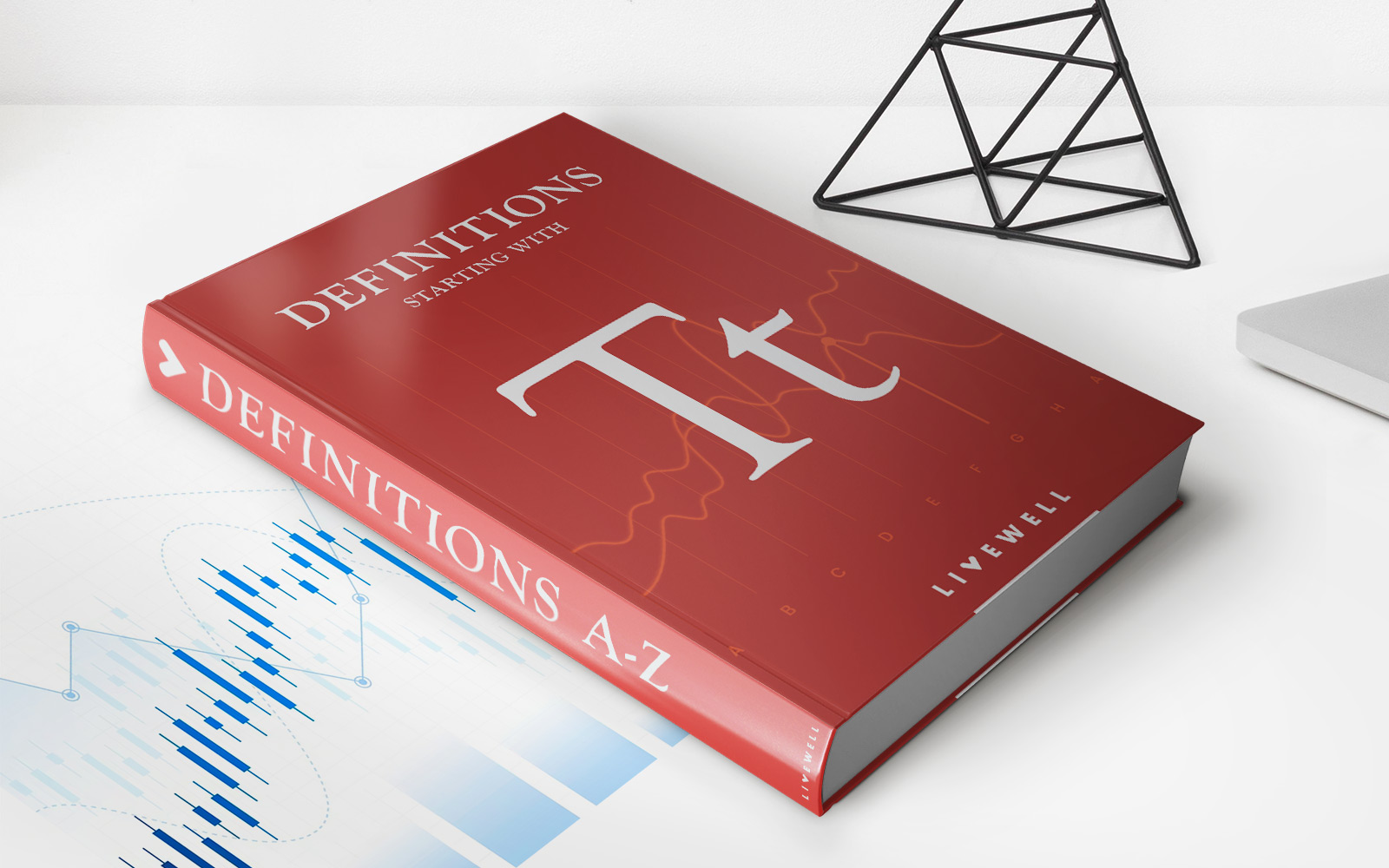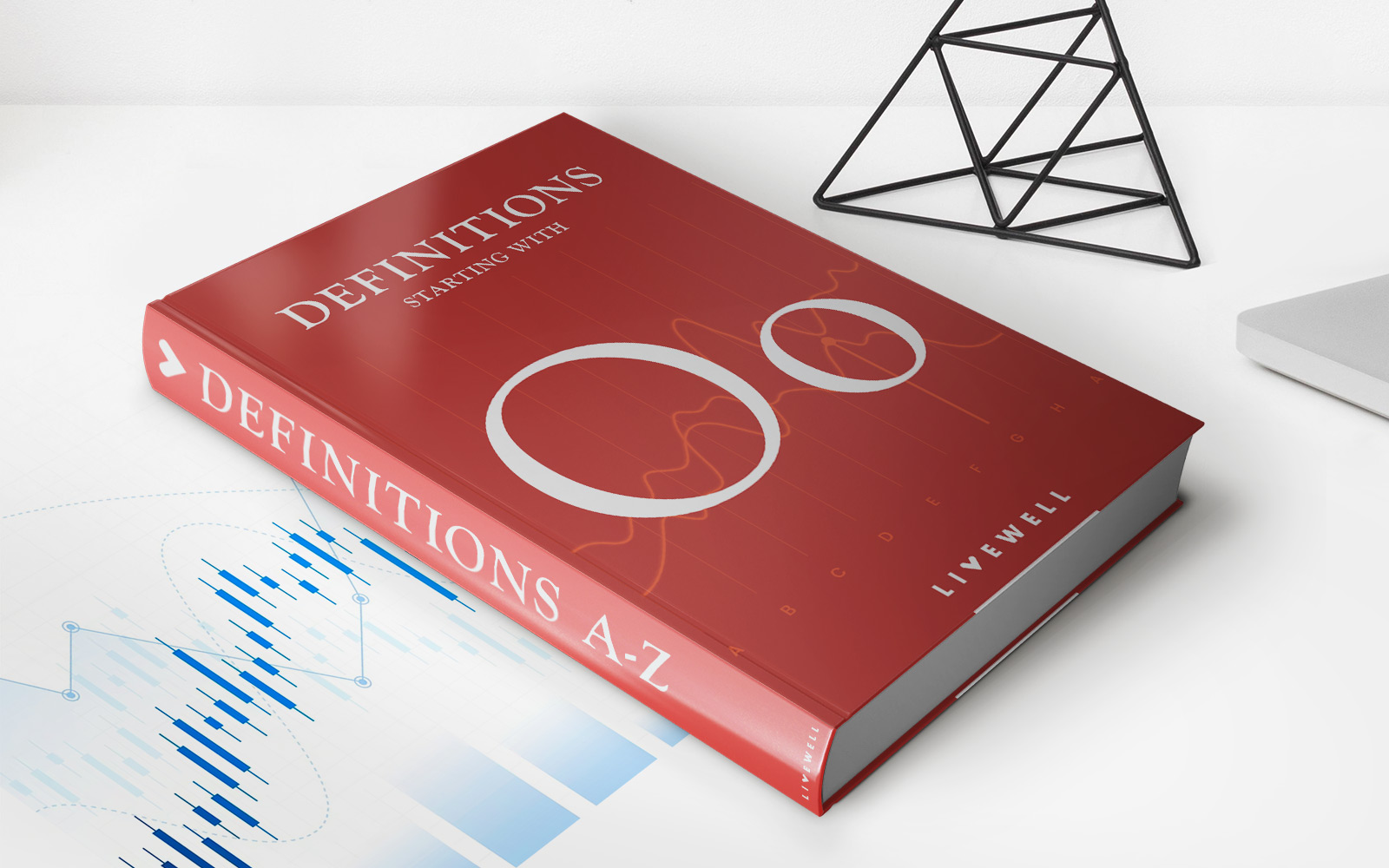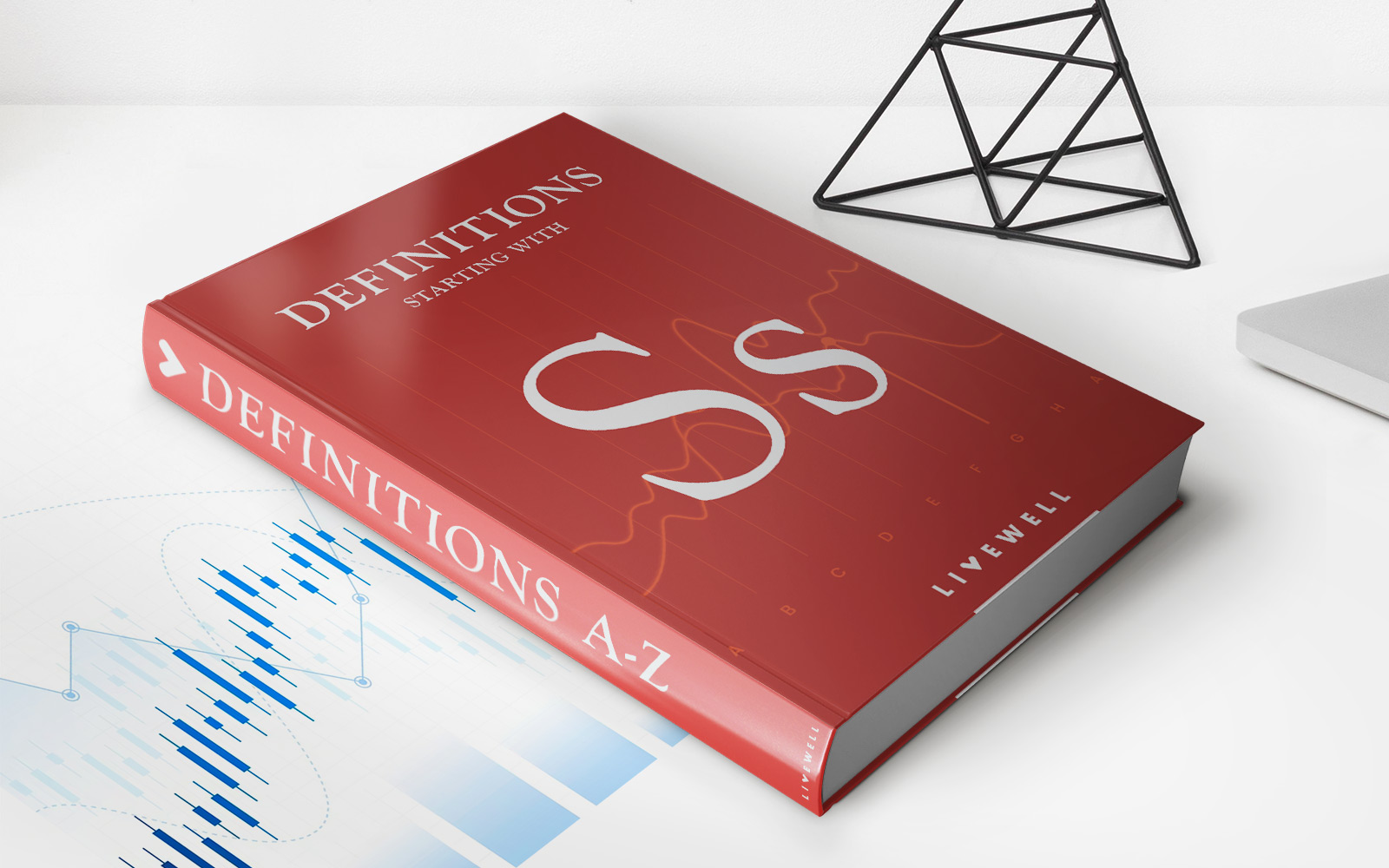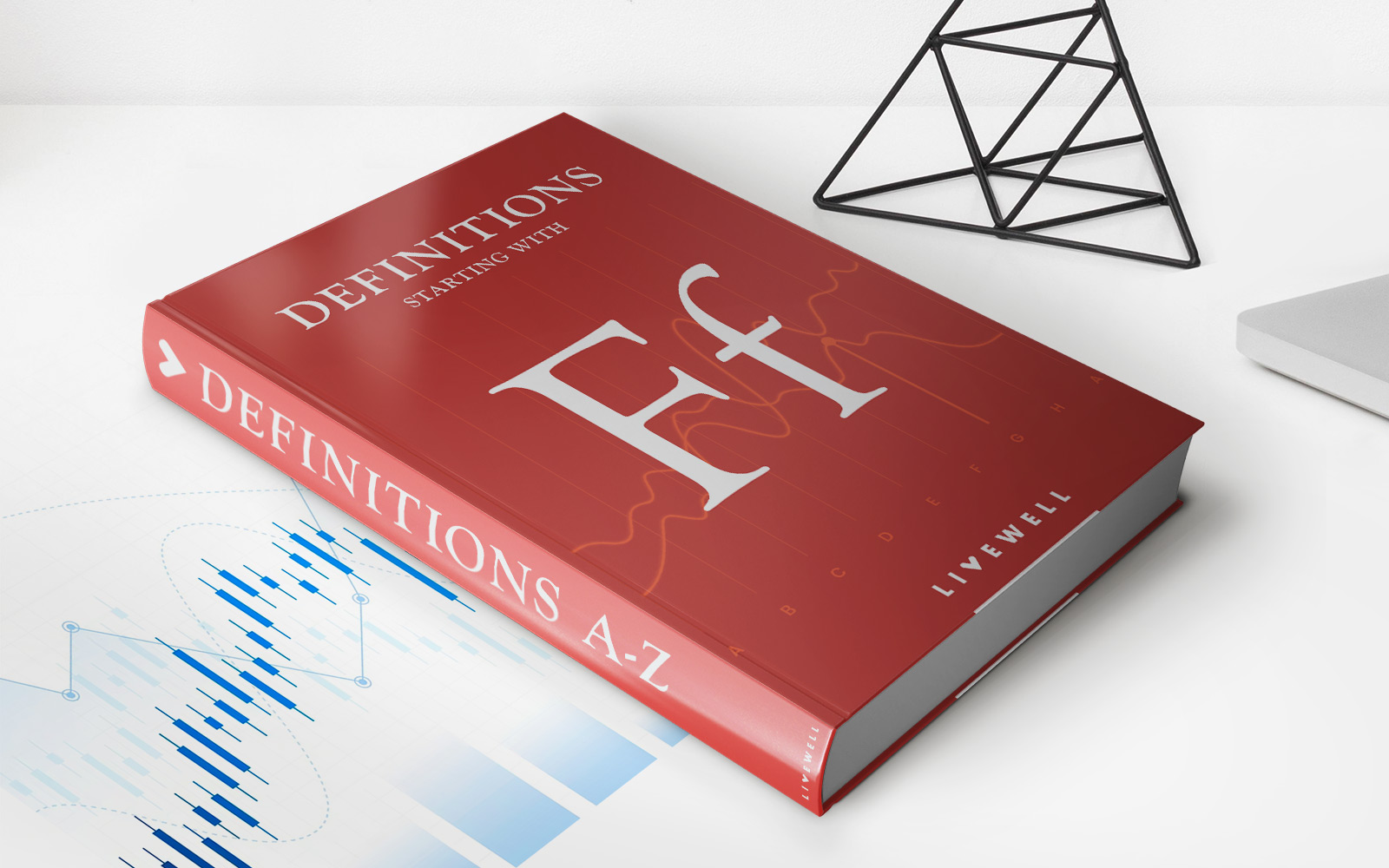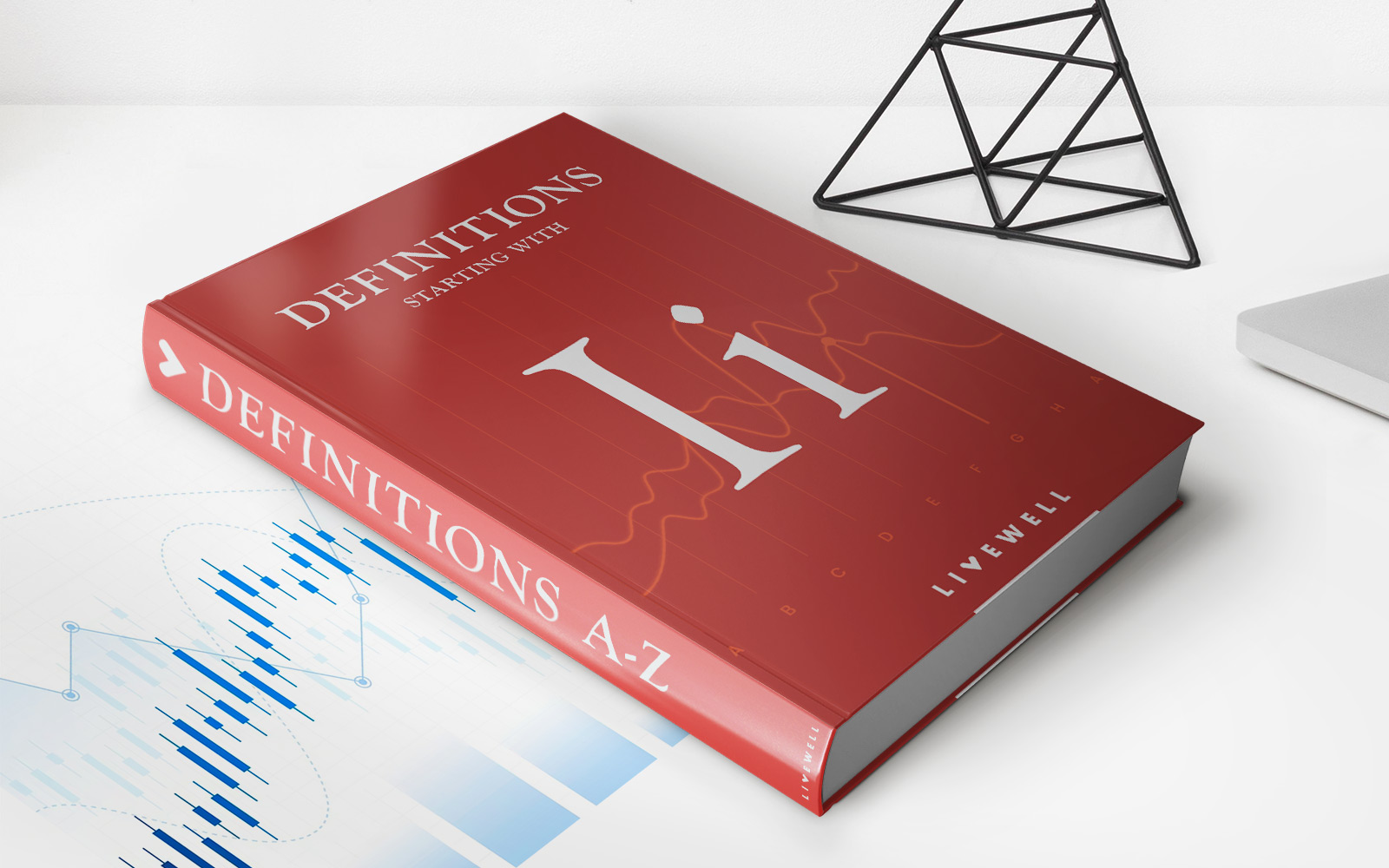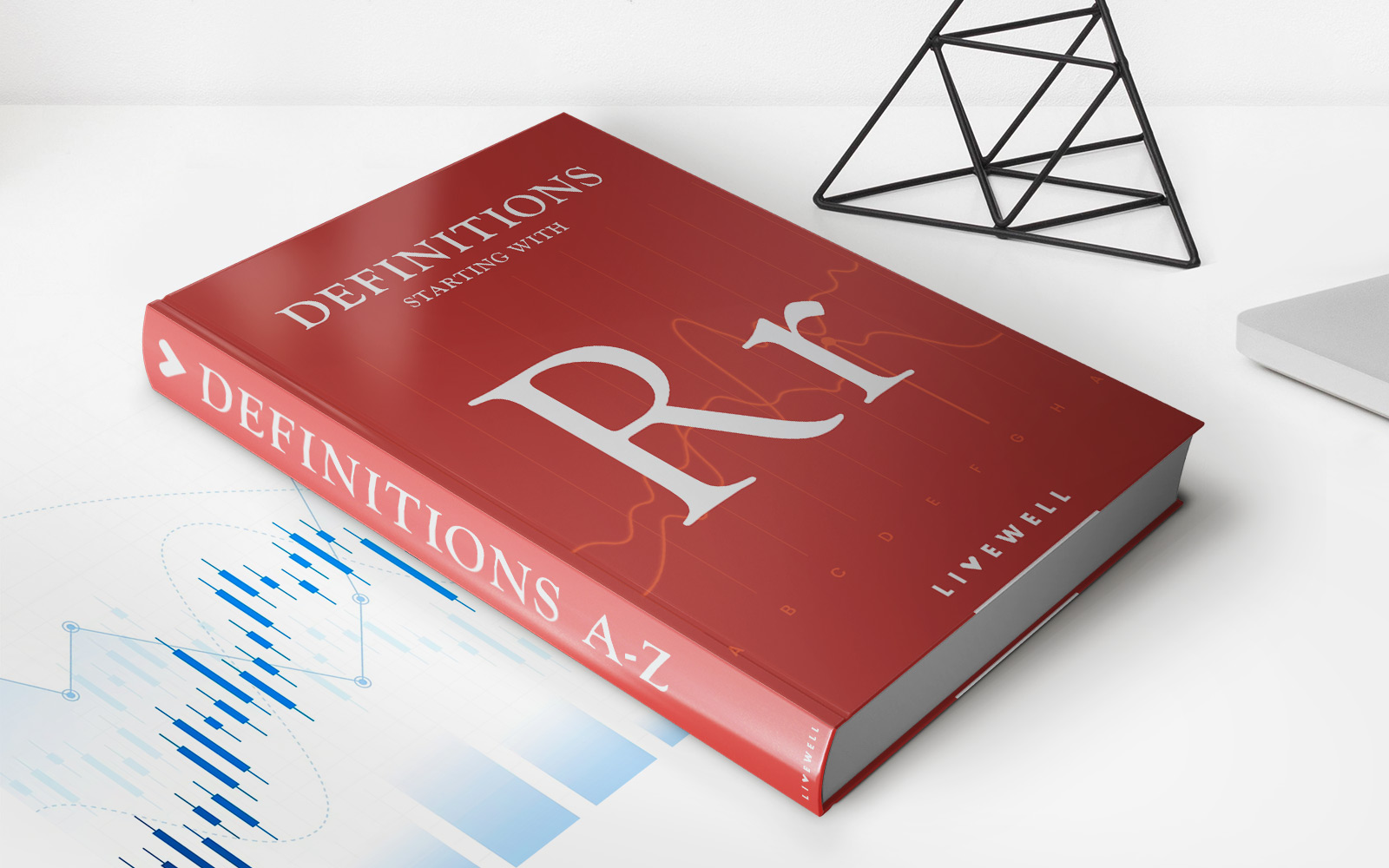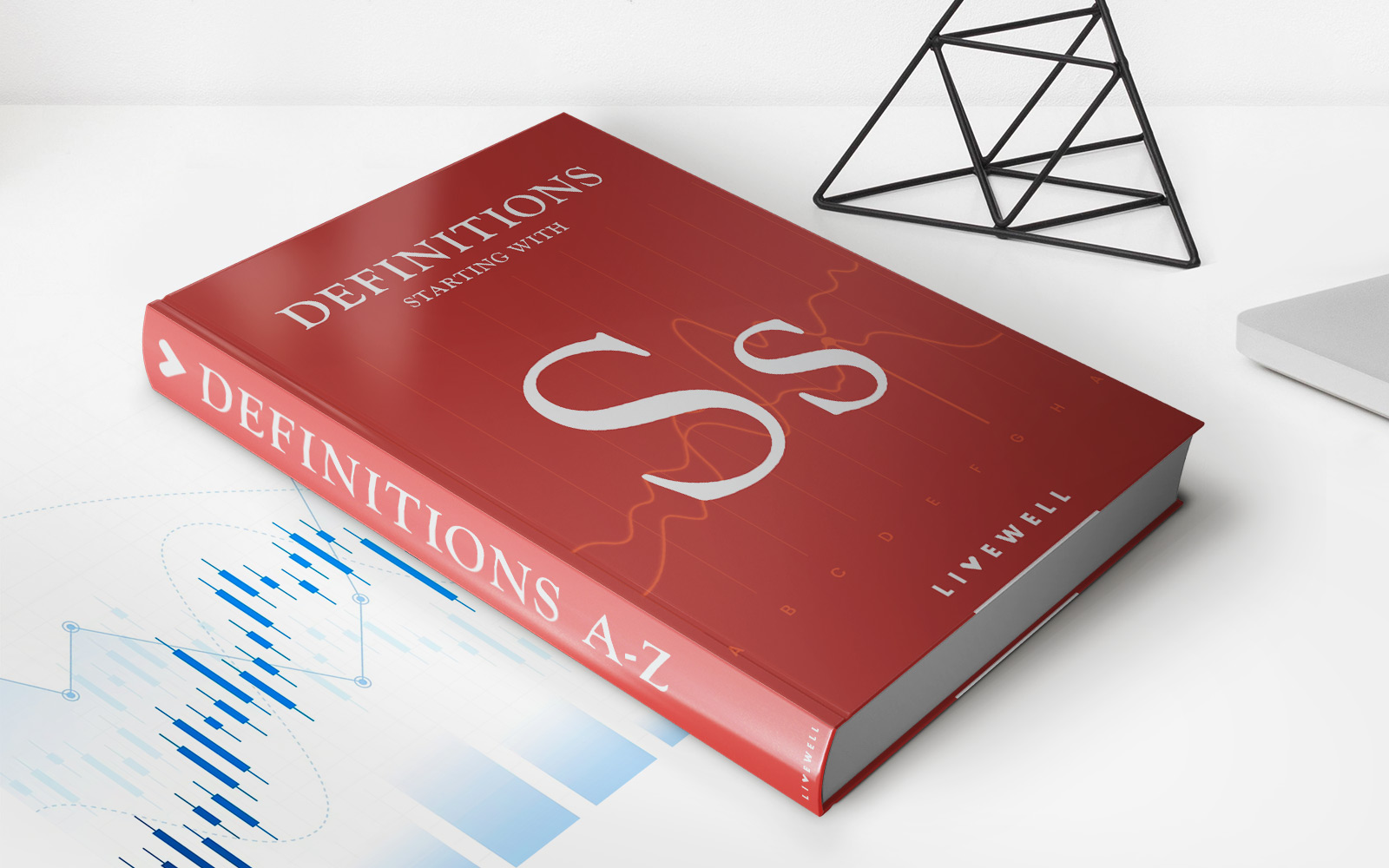Home>Finance>Right Of First Offer (ROFO) Definition And How It Works
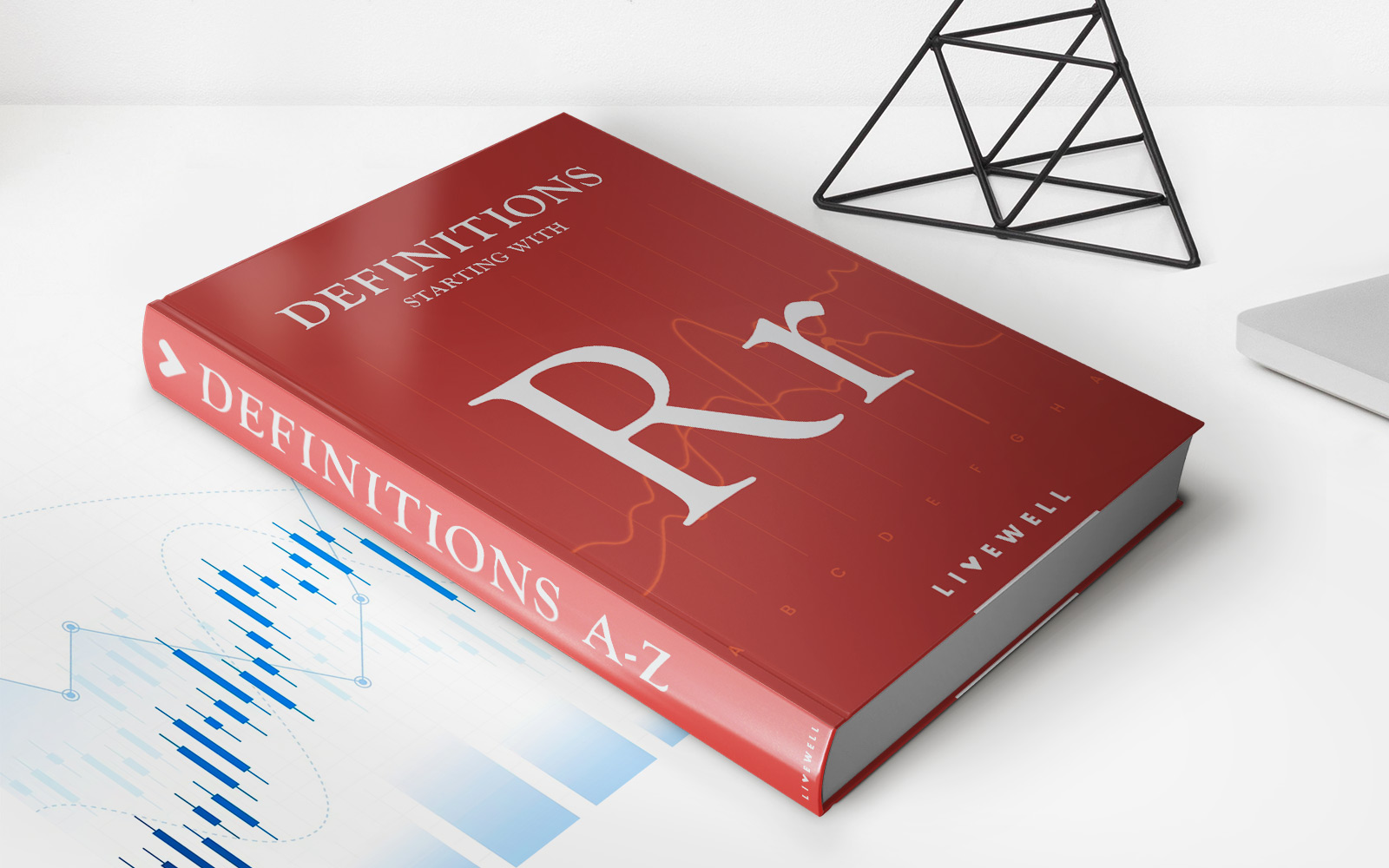

Finance
Right Of First Offer (ROFO) Definition And How It Works
Published: January 21, 2024
Learn what Right of First Offer (ROFO) is in finance and discover how it works to provide opportunities for potential buyers. Explore the definition and implications of ROFO in the finance industry.
(Many of the links in this article redirect to a specific reviewed product. Your purchase of these products through affiliate links helps to generate commission for LiveWell, at no extra cost. Learn more)
Understanding Right of First Offer (ROFO) and How It Works
Finance is a broad and complex field, encompassing various terms and concepts that can sometimes be difficult to understand. One such concept is the Right of First Offer (ROFO), which plays a significant role in many financial transactions. In this blog post, we will delve into the definition of ROFO and explore how it works, shedding light on this important element of finance.
Key Takeaways:
- Right of First Offer (ROFO) is a contractual right that grants a party the first opportunity to purchase a particular asset before it is offered to others.
- ROFO provides the holder with an advantage by allowing them to acquire assets at potentially more favorable terms and conditions than other potential buyers.
So, what exactly is a Right of First Offer (ROFO)? Essentially, ROFO is a contractual right that grants a particular party the first opportunity to purchase a specific asset before it is offered to others. This means that the holder of the ROFO has the ability to opt-in or opt-out of purchasing the asset once it becomes available, thereby securing an advantage in the transaction process.
How does ROFO work in practice? Let’s break it down into a few key steps:
- Identification of the asset: The first step is identifying the asset that will be subject to the ROFO. This could be a property, a business interest, or any type of valuable asset.
- Trigger event: A specific event, such as the owner’s intent to sell or a predetermined triggering condition, will activate the ROFO.
- ROFO holder’s decision: Once the ROFO is triggered, the holder has the right to decide whether they want to exercise their option to purchase the asset or decline it.
- Negotiation and conclusion: If the ROFO holder chooses to proceed, negotiations for the purchase will begin. If the two parties can agree on terms and conditions, the sale will be concluded between the ROFO holder and the seller.
- Offer to others: If the ROFO holder decides to decline the option or fails to exercise it within a specified timeframe, the asset can then be offered to other potential buyers.
One of the main benefits of ROFO is that it can incentivize a prospective seller to offer the asset to the ROFO holder at terms that are potentially more favorable than those offered to other buyers. This advantage arises from the holder’s right to be the first in line to negotiate and potentially secure the deal.
In conclusion, the Right of First Offer (ROFO) is a powerful contractual right that allows an individual or entity to ensure they have the first opportunity to purchase an asset before it is made available to other buyers. Understanding the concept of ROFO can provide valuable insights into the finance industry and help individuals make informed decisions when navigating financial transactions.
